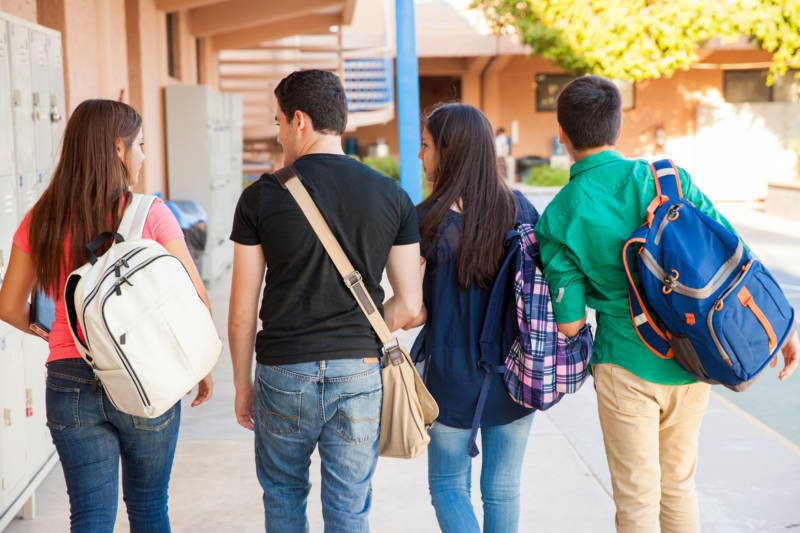
The best way to teach your students self-awareness is to help them become aware of their emotions. The psychologist, John Mayer, says that self-awareness means being aware of both your mood and your thoughts about that mood. If you realize you’re in a bad mood, you’re already on the road to changing the way you feel.
There are many ways to improve awareness of self and others. In this post, you will learn a few ideas that will help your students increase personal and interpersonal awareness:
- Become self-directed
- Know your feelings
- Learn to accept change
- Accept others
- Develop your value system
Become self-directed
Teach your students to become self-directed. Everyone has two sets of forces driving them. One set is largely instinctive and focuses on personal safety out of fear. The other urges focus on conscious self-direction and choices. This force does not guide by fear; instead, it allows us to choose and use our capacities and abilities fully. As we become more self-directed, we learn to develop our capabilities and act out of choice rather than out of fear.

Know your feelings
Learning to experience your true feelings might seem scary but is absolutely necessary in order to grow as a person and improve self-awareness.
Here are some questions to ask your students to help them identify their feelings:
- When I am happy, I feel ______________.
- If I am happy, I _______________.
- When I am angry, I feel _______________.
- When I’m angry, I do _______________.
Learn to accept change
Learning to accept change is another way to improve self-awareness. The process of learning new behaviors is a process of unfreezing old behaviors, changing new behaviors and finally freezing new behaviors. This process allows old habits to be replaced with new habits. Teach your students to be flexible and keep an open mind in the face of changing circumstances.

Accept others
Accepting others is another way to increase self-awareness. Accepting others unconditionally is called inclusion. Inclusion requires openness and acceptance from your students. According to noted psychologist William Schutz there are three interpersonal needs that must be met in order to develop satisfactory interpersonal relationships.
- Inclusion—the need to have relationships with other people.
- Control—the need to have power and influence over other people.
- Affection—the need to form close, interpersonal relationships with other people
Have your students practice situations where they need to share and accept one another’s ideas in order to solve a problem.

Develop your value system
In order to know themselves better, your students should develop a value system. The ability to develop both self-awareness and interpersonal awareness requires a clear vision of personal values.
Share the following list of values with your students. Ask them to choose which values mean the most to them.
- Appearance
- Approval
- Being on Time
- Being with Others
- Change
- Creativity
- Dependability
- Developing Skills
- Education
- Fame
- Family
- Friendship
- Fun
- Happiness
- Health
- Independence
- Kindness
- Love
- Money
- Power
- Religion
- Success
- Travel
Thanks for tuning into our series on teaching interpersonal awareness to your students. If you want to learn more about developing or teaching soft skills, sign up for a free soft skills webinar here.
